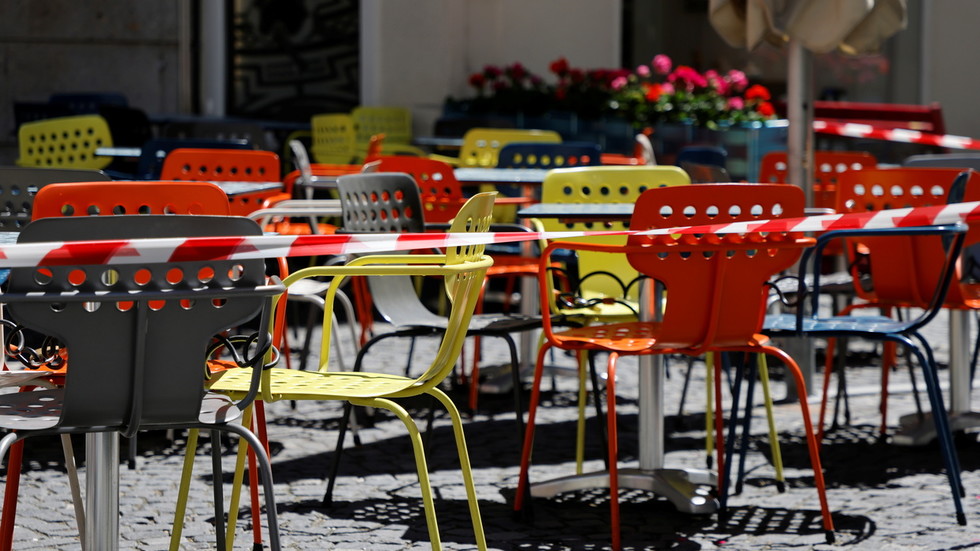The Sun News
The recent abduction of some lecturers and their family members at the Senior Staff Quarters of the University of Abuja (UNIABUJA) is another pointer that the nation’s insecurity is still rising rather than abating. The frequent attack on varsities by bandits or terrorists has underscored the urgent need to beef up security in our universities.
Although the six victims of the heinous act at UNIABUJA have been rescued by security agents following a coordinated manhunt for the abductors, government must address the rising insecurity in the nation’s higher institutions, especially in Kaduna State and Abuja. This attack and others in recent times have shown the enormity of the problem. That is why the Federal Government should think out of the box and come up with far-reaching measures to check the growing insecurity in universities.
We believe that the time is now truly ripe for the establishment of state police as a pragmatic way of tackling the mounting insecurity across the country. Therefore, it will not be out of place for the government to consider, without further delay, the decentralisation of the Nigeria Police Force. The call for the decentralisation of the force is not new. Concerned Nigerians, socio-cultural groups and patriots have made similar calls. Yet, the Federal Government has mooted the idea of state policing and community policing but could not be firm on implementation.
The situation we are in today does not require such foot-dragging on an important issue as state policing. It is not in doubt that the present centralised policing system is responsible for the festering insecurity across the country. It has become obvious that centralised policing cannot guarantee safety of life and property in a federal system of government and in a diverse entity as Nigeria with 36 states and 774 local government areas and the FCT.
Without sounding repetitive, the nation’s insecurity will be better tackled if the country embraces many layers of policing instead of the present centralised policing, which has proven to be utterly ineffective. We can start the decentralisation with the federal and state policing before gradually moving to community policing. We can also borrow a leaf from the United States (US) and indeed other federal systems on how to decentralise the police. In the US for instance, there are several levels of policing. They have federal, state and municipal police as well as others. Some states and even institutions have their own police in the US. The attacks on educational institutions in the country and abduction of students and teachers are rife in the country because of insecurity and the business of ransom payment. The criminals are indulging in the seeming lucrative business simply because of insecurity and huge ransom paid by relations of victims. Available statistics had shown that over 1,436 students were abducted between January and August this year for ransom payment in Nigeria. The attacks in schools have led to many schools being shut. Some students have withdrawn from schools on account of such frequent attacks.
From 2005 to 2019, there were 100 reported attacks on schools in Nigeria. This year alone, no fewer than 20 attacks have been recorded, which unfortunately led to the death of 16 students. It is pathetic that seven years after the abduction of Chibok school girls by Boko Haram, more than 100 of the girls are still in captivity. Some of them might have died.
The abduction of lecturers and their children at the University of Abuja is a fresh security challenge. It calls for an urgent review of the security system in these institutions. That the attack can occur in Abuja shows that something is seriously wrong with our security system. If Abuja is unsafe, it means no part of Nigeria can be regarded as being safe.
In 2014, Nigeria joined the Safe Schools Initiative, which targets the safety of education in countries facing violent conflict. With the exacerbation of attacks in schools, it is time to review the initiative and make it work. The new…



Connect with us on our socials: